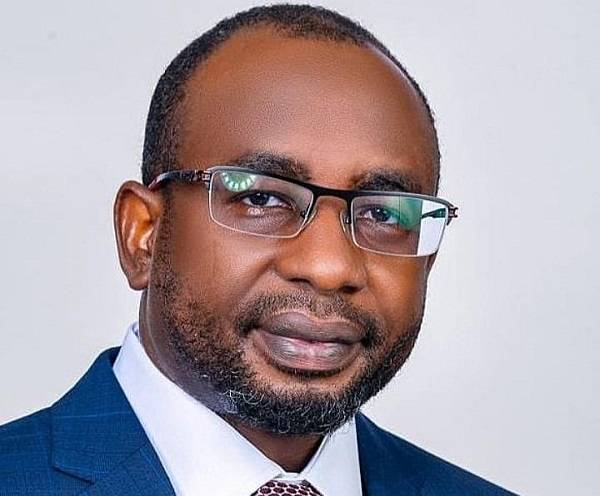
Five Nigerian researchers made a significant impact at the 17th International Conference on the Theory and Practice of E-Government (ICEGOV2024), held in Pretoria, South Africa.
The event, organised by the United Nations University and UNESCO, attracted over 336 participants from 49 countries, underscoring the global importance of digital governance.
Representing the Minister of Communications, Innovation, and Digital Economy, Dr. Bosun Tijani, the director-general of the National Information Technology Development Agency (NITDA), Mallam Kashifu Abdullahi, emphasised that the researchers’ participation aligns with President Bola Tinubu’s ‘Renewed Hope’ agenda. This initiative aims to leverage technology for economic diversification and improved governance.
Abdullahi underscored the significance of Nigeria’s presence at the conference, noting that out of 157 submitted papers, only 85 were accepted—a reflection of the event’s competitiveness. He highlighted that insights from the presented research could spark technological innovations essential for Nigeria’s economic diversification and governance improvements, advancing President Tinubu’s vision. He also reaffirmed NITDA’s commitment to supporting such research efforts to keep Nigeria at the forefront of digital governance advancements.
The researchers showcased innovative work spanning various aspects of digital transformation, with the collective goal of improving e-governance and stimulating economic growth through technological innovations. Below are the key highlights of their presentations:
Hassana Asuku’s paper, “Bridging the Broadband Gap,” focused on addressing the digital divide in rural areas. She proposed a comprehensive strategy to improve broadband access, promoting economic inclusion and civic engagement, in line with the government’s push for digital growth.
Adeyinka Adewumi presented his work on “Digital Competency in the Public Sector,” which highlighted the challenges posed by the lack of digital skills among civil servants. He proposed a model for targeted training and infrastructure upgrades to accelerate digital transformation within the public sector.
Dr. Agbali Mohammed’s research on Scalable Digital Public Infrastructure (DPI) tackled institutional barriers that hinder the deployment of effective DPI in Nigeria. His work aims to foster public-private partnerships and improve regulatory frameworks to drive digital development.
Dr. Tanimu Garba introduced ‘Taxpoynt,’ a platform designed to simplify tax processes for SMEs, in his paper on ‘Tax Compliance for SMEs.’ This platform is crucial considering the pivotal role small businesses play in Nigeria’s economy.
Dr. Salihu Ibrahim’s work on ‘Citizens’ Freedoms in E-Governance’ explored how digital public infrastructure can enhance citizen liberties, addressing issues like inadequate ICT infrastructure and data privacy concerns.
These contributions highlight Nigeria’s growing role in global discussions on digital governance, reflecting the nation’s dedication to using technology as a catalyst for sustainable economic growth and better governance.


